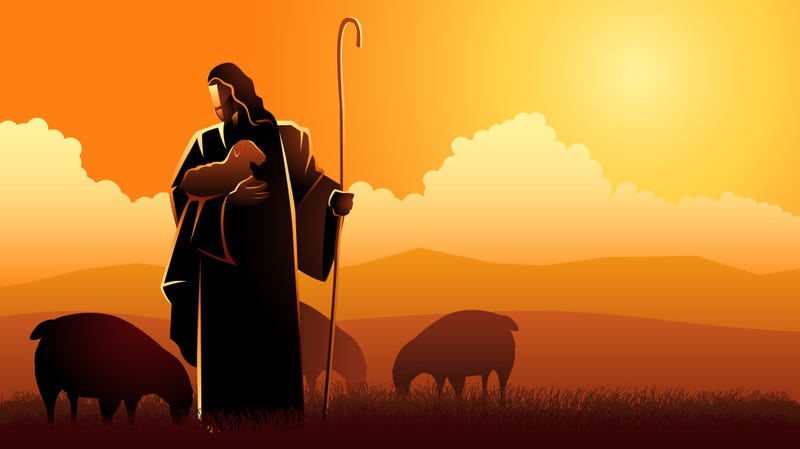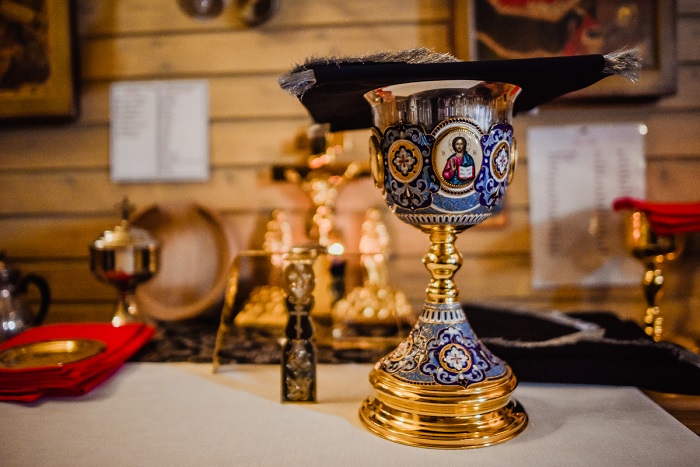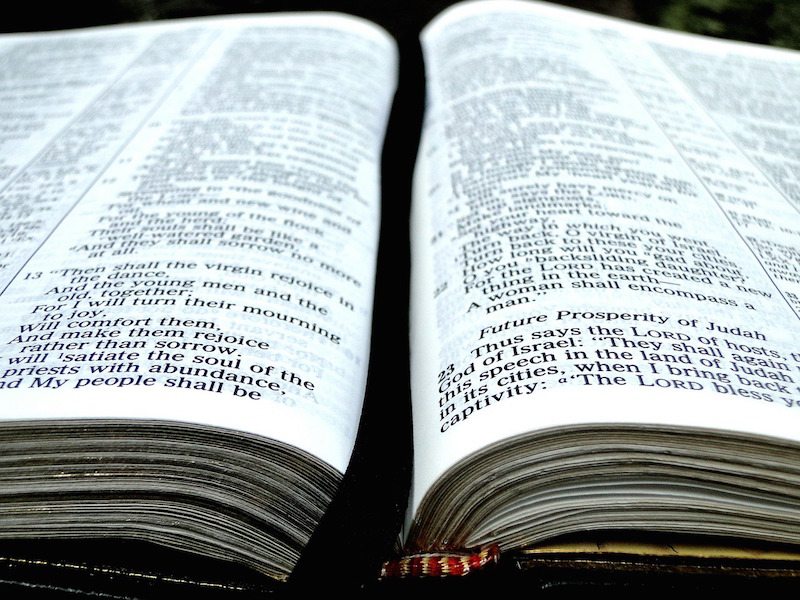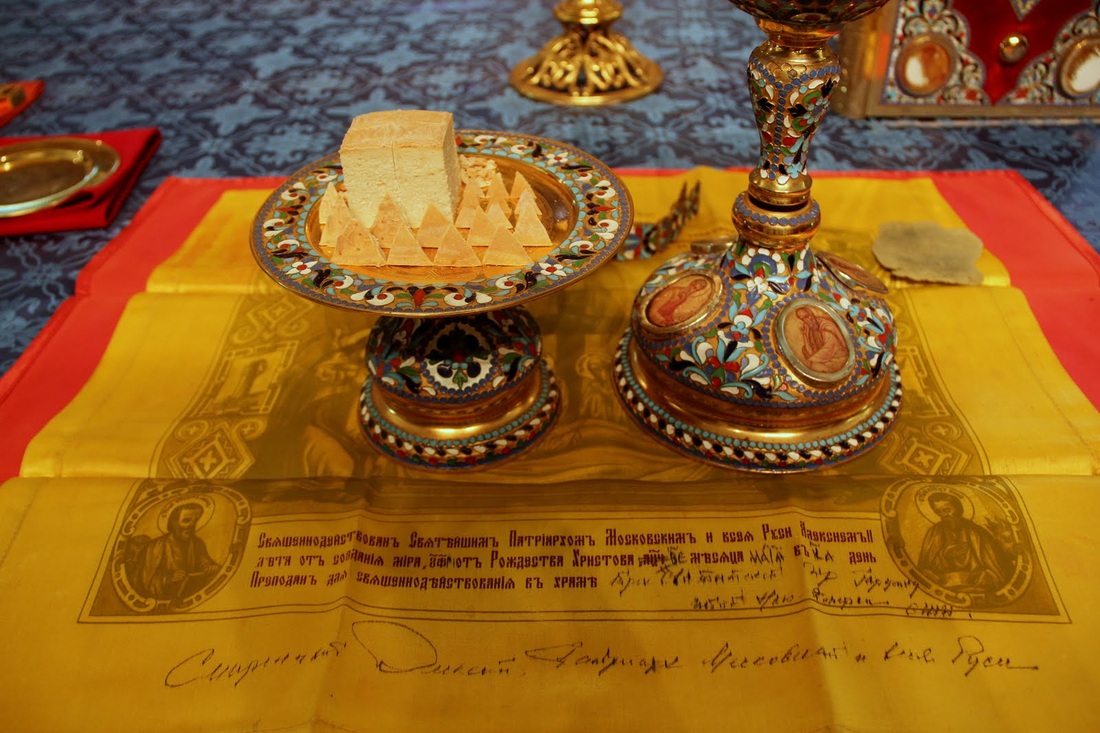Human Life – January 27th, 2019
What is the value of a human life?
What does it mean to value something? As in most languages, most words take on their specificity within the context they are used. Value, as a tangible attribute, is the degree of importance, usefulness, or worth that something is regarded to have. When asking most people across the current cultural milieu what it means for something to have value, the vast majority of respondents would likely reply with regard to something’s monetary value, or market worth. Yet, does something have value simply because of its net or market worth? It is not entirely the monetary amount attached to an item that gives it value, for an item has value particularly when someone owns it (self valuation of the object owned), or another person wants it (coveting an item not owned).
The monetary value of an item is often subjective, and determined by outside factors. One such set of factors driving the value of most market goods is the law of supply and demand. Simply put, the prices of items are determined by the varying degrees of supply and demand, and their subsequent fluctuations. For example, if supply is high, and demand is low, the cost will be low. If demand is high and the supply is low, the cost will be high. Yet, this law seems not to apply in unique and niche markets, where the price of an item can be determined by any number of external factors. Though, for rare and unique items, one of a kind items, whether they be collectibles, cultural artifacts, or other items that cannot be repeated or duplicated, what price can be attached to these? Most people would call these items priceless, for what value can be given to an item unique in its existence.
Things have value, and we value these things because they have value, whether that is of a monetary nature, or its usefulness and what it contributes to our own lives. As such our personal valuation of an item is based upon two questions: 1) What will it cost me? And 2) What can it provide for me? In a materialistic cultural framework, these are the two questions that drive our perceived value of any given thing. So, people desire these things based on how little the answer to number one is versus the greater response within the answer to number two. It is in effect a social adaptation to the supply and demand model. Though, we run into a problem when we try to apply this model to determine the value of a human life, because it at once runs into an immediate contradiction, and the fact that human beings are not things. Let us address the latter point, before addressing the former.
Human beings are not things, but people have reduced themselves to treating other human beings as things, as objects. The reason behind this is due to where one’s desires lie. If you love a thing, you will become a thing. If you love a person, you will become a person. As the cultural milieu in which we live is largely materialistic, most people have fallen in love with things – the car they drive, the house they live in, the “toys” they have, and all the other accoutrements in this life. People love things, and as such they have reduced their own humanity, or perhaps their understanding of humanity, to that of a thing. Humans are no longer unique and individual persons, but things whose value is determined by what one can provide for them.
The devaluing of the human person is why others are so easily able to kill others; so easily able to break another person, whether physically, psychologically, or emotionally; are so easily able to “buy” and use people (i.e. prostitution, slavery, etc) for their own pleasure or purposes; so easily discard and replace people like cogs in a machine; so easily able to ignore the plight of the homeless, the needy, the suffering, and the interred, because to them if a human being cannot otherwise provide something of value or importance to an individual, then they have no value.
The devaluing of the human person is why we are so easily able to discard millions of unborn children, and not even bat an eye about it at a cultural or societal level. They are not yet born, so they do not yet have value. They are not yet born, so they cannot possibly provide the other person any service or material of worth. Humanity, or the understanding of humanity, has been reduced to a thing, so in the eyes of our cultural milieu, the unborn child is not human.
Yet, a human being is not a thing.
So what value can be given to a human life? I cannot even begin to answer this question without first establishing what human life means, and I can only do that through the lens of the Church, within which lies my entire understanding of the whole human being.
In Christian Anthropology, we understand man (ἄνθρωπος) to be created in the image and likeness of its creator. He is a being created with both body and soul. It is with this and in this image and likeness that man stands apart from the rest of creation. So we all begin unique in our humanity alone.
When we look at human DNA, the complex lattice work of deoxyribonucleic acid that exists in all life, we come to the realization that every single human being is unique. No human being has the same DNA as another human being (genetic anomalies and exceptions aside). So, biologically, we are all unique individuals. On top of biology, each human being develops into his own unique and individual person, with unique personalities and character traits, attributes, appearances, and various cognitive and creative qualities. Many aspects are shaped and molded by the environment in which that person exists. So, the end result is that you have a unique human person that cannot be recreated or duplicated – one of a kind. People may be similar to one another, but always unique.
So, what is the value of human life? If we attach the same value construct as previously established, we can only come to one conclusion: Priceless. Yet, this is not the way in which the cultural milieu sees the value of other human beings. So, there now exists a cognitive dissonance between the social construct in which we now live, and the means in which we apply that to the value and understanding of human life.
The Christian Anthropological understanding of the human person is the only one that makes any sense any longer. We are all unique persons living and existing in communion with one another, and should be coexisting in a cooperation of perfect love. We all have value because we are all made in the image and likeness of God. Yes, we are broken individuals, but this is why the Church has always been regarded as a hospital for the human soul, and her theology a therapeutic science towards that end. We hold each other up, contributing our own gifts and material goods to the good and benefit of the whole, to the aid and benefit of that of all His Holy Church, the body of Christ, the collection of people living in communion with one another.
A human being is priceless. Each Human being is a unique person beyond value.. Even those most empty, damaged, corrupted, and broken are not to be discarded, for all have worth and importance. We do not know the value of a piece when reassembling something shattered until we get to the end. We are human beings, collectively pieces of a broken humanity, unique and beyond valuation, marching towards completion in and with God. We are not things, and those who see humanity as things, will be discarded as things in the end.







